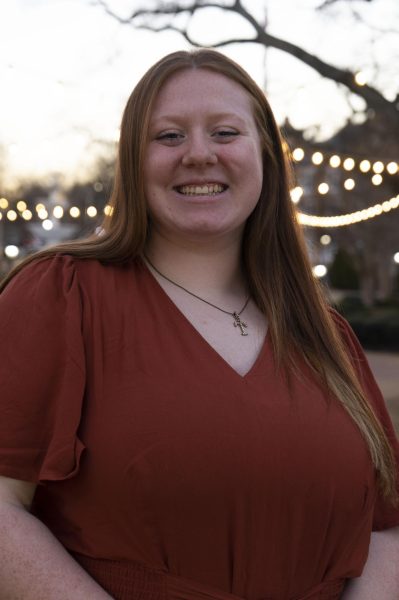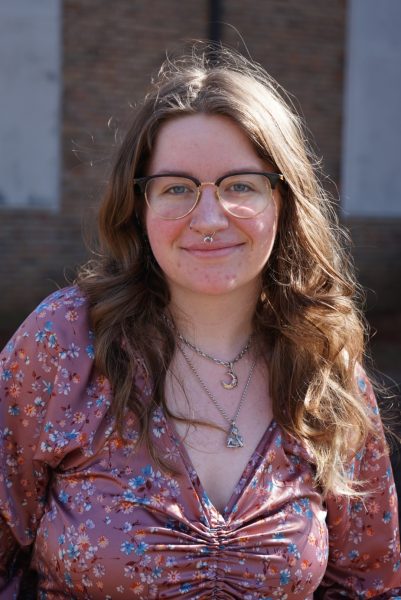Why media literacy must become an educational priority
April 5, 2018
Why media literacy must become an educational priority
In a world dominated by mainstream media, people must learn how to properly consume and digest the information we receive from the outlets we use.
If not, we will continue to fall victim to shallow news, propaganda, partisan-heavy media and the fake articles our friends and family share on Facebook.
We must wake up before we walk off the cliff of civilization while staring carelessly at our phones and laptops.
Watching the news every day or reading a notification on a phone that shows a tragic event or a heinous political policy can be overwhelming. It can sometimes even cause us to see the world with anxiety and enhanced negativity.
The advancements and introductions of new technology have drastically increased the speed and depth of access we have to information. Before the internet arrived, people were limited to newspapers and magazines. That is the only medium people had to work with.
Even after the inception of the internet, most people still relied on newspapers to know what was going on locally, in-state, nationally and globally. However, we are now a much faster paced society with even higher demands for information.
The average person turns their phone on and off 300 times a day, according to Stanford University professor Byron Reeves. That is equivalent to three hours a day spent looking at our phones.
With our attention spans shortening and our weakening ability to critically think on complex subjects, the future is becoming a fog. The internet and the tools that rely on it are great assets to civilization, but the same tools we use for good have also been weaponized.
In the United States, we are still trying to unfold what happened in the 2016 election. One thing we know for sure is false stories about both candidates were read at two times the rate that the well-known traditional sources were.
Among Americans, 32 percent said they have read false stories pertaining to politics on the internet, according to Pew Research Center.
Clearly, that can hold an enormous effect on how we view our presidential candidates. The overload of information can numb us to very important social issues that exist around us, and it can divide us in a time where we need unity more than ever. Being media literate is more than just being able to decide what is fake news and what is real.
It is knowing who owns the publication, what its agenda is and how trusted the information they give to us can be. It is cautiously sifting through the headlines and analyzing the stories we read.
We need to be self-aware of how our minds are affected by the information we consume. I believe that our educational institutions should seriously consider developing a curriculum to teach our kids and young adults how to become media literate.
If we continue to delay the public issue of how information is communicated and received, we may see the structures and safety of our freedom crumble right before us.








